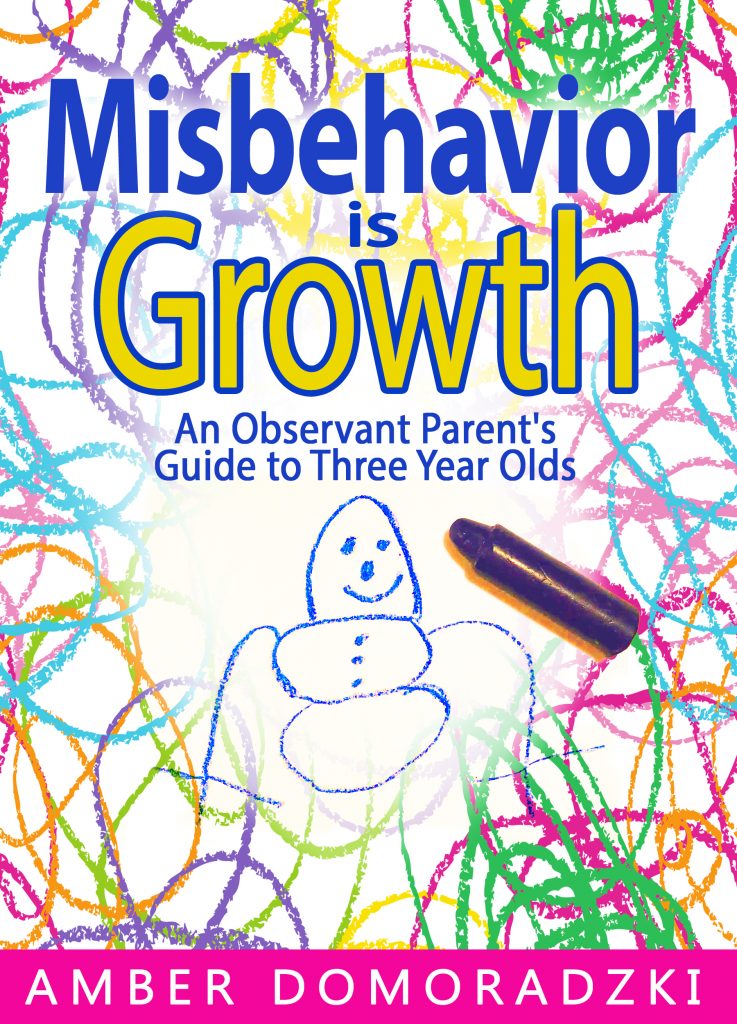My daughter, 6, heavily internalizes things. She feels guilty easily. This means she runs off to hide, in shame, more often than my other two children. And I will always go follow her when she does this. She will never be alone when she does this.
Today my three children were playing wonderfully. My youngest, 4, we figured out, genuinely feels intimidated by his older two siblings. The late threes should be a time of a child inserting themselves into other children’s play. He did this, as part of a natural stage. But he still plays separate from his older two siblings. For his fourth birthday, I sat down and chased his bigger siblings away. And he had far less fear than normal. At birthday parties, he typically runs away when people started singing. When I got his siblings to back off, he was willing to sit on my lap and blow out candles. I told my husband: he seems much more affected by his older siblings than I think we know. My husband agreed.
So, he was playing in a lovely way with his older siblings today. He was hiding under a fitted sheet and his older siblings were playing “step over the hump.” And then his sister, 6, decided she wanted to be the hump. She started ordering her brother to get off the bed. I was stern. I told them, “Henry is very intimidated by you. He gets scared when you get bossy. You can’t order him off the bed.” My daughter, realizing she had hurt her younger brother, immediately ran away, in shame.
I felt she needed a moment. I gave it to her. I heard the gentle sobs coming from her bedroom. I went in.
“Leave me alone!” she told me. I told her, “I will never leave you alone when you feel like this. I will always be here. You will always have someone when you feel like this.”
Where do I start? I told her, “What you are feeling right now is shame.” She winced. “It’s not a bad thing. I just want you to know the word. And you’re still a good person. We all know you are a good person. You feel bad right now entirely because you are a good person.” She gave me a half, “Really?” but she wasn’t soothed. Finally I decided to stop lecturing her and root around for where she was at. I asked, “What are you feeling?” She sobbed, “GUILTY!”
I said, “Ok, ok. You know this feeling is actually a good feeling. It drives you to change something. Now you have some new information and you are going to have a better way to act. You’ll be better in future situations. And when you go in and do that, you’ll be confident. And this feeling of guilt just goes away. It’s temporary. It comes and then it goes.” She was pretty stunned. She asked, “Really!?” I nodded, “Yes.” And she hopped up and gave me the most heartfelt hug. She stopped to tell me something. And after said, “Let’s go back to hugging.”
She then went back to her brothers. She wrapped herself in her blanket. This makes sense to me. It’s protection. Her brothers were on to something totally new.
These emotions play a role in our life. True change comes when we are in emotional turmoil like this. But it’s temporary. It comes. And then it goes.
See my book Misbehavior is Growth: Three Year Olds where I write strongly about sensitivity, in which you respond to a child’s emotional cues as you root around to figure out how to best soothe them.
